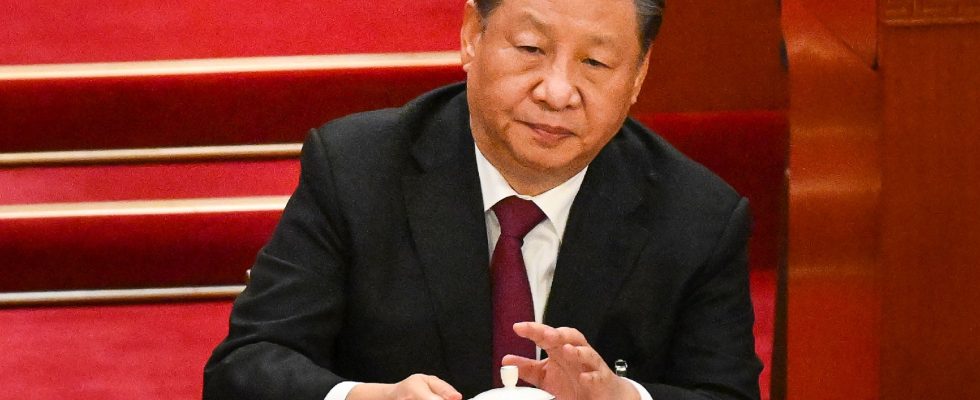In 1979, China seems to have gone out of history. On the diplomatic level, it is isolated despite the rapprochement with the United States initiated by the meeting between Mao Zedong and Richard Nixon in 1972; politically, its attempt to compete with the Soviets in the communist world is deadlocked, its support limited to fanatic groups; on the military level, its attack on Vietnam, qualified by it as an “educational war”, was above all a painful lesson for its own army; economically, its GDP represents only 4% of world GDP. It is in this last field that China will record its most spectacular successes in forty years, successes which have made it the second largest economy in the world, allowing it to increase its political, diplomatic and military roles.
This change is described in detail by the economist and sinologist Frank Dikötter in his book China after Mao. The text precisely details the choices of the Beijing leaders and analyzes the reforms that broke with the collectivist immobility and the political and social disorder of the Cultural Revolution desired by Mao. This makes it possible to go beyond received ideas about China today and, in particular, calls into question two commonplaces concerning it.
China at a crossroads
The first is to believe that the policy pursued since 1979 has met with more or less resigned support from the population, the latter believing that the constraints imposed by the communist regime were the price to pay for an improvement in their standard of living. But the reality is otherwise complex, the country having experienced several revolts, the most famous of which was that of the spring of 1989, a revolt that ended with the tragedy in Tian’anmen Square on 4 June. And the book concluding before the Covid-19 pandemic, it does not mention the social violence it sparked.
Second cliché, that of an implicit adhesion of the Chinese communist leaders to capitalism, with all that this would imply of renunciations with regard to the history of their party. Through the striking portrait of Deng Xiaoping, who is the central character of the book, the author shows that in fact they have not given up on the initial goals of this party, which were to affirm the greatness of China. by opposing the West and its liberal ideology.
For the author, China is at a crossroads. Either it seeks further expansion and it will have to amplify economic freedom to the point of threatening the hegemony of the Communist Party; or the communist caste maintains its hold and stagnation will set in. It is up to the reader to form an opinion based on this well-documented book.
China after Mao. The awakening of a superpower
By Frank Dikötter, trans. from English by J.-F. Hel Guedj. Tallandier, 567 pages, €24.90.
The rating of L’Express: 5/5
